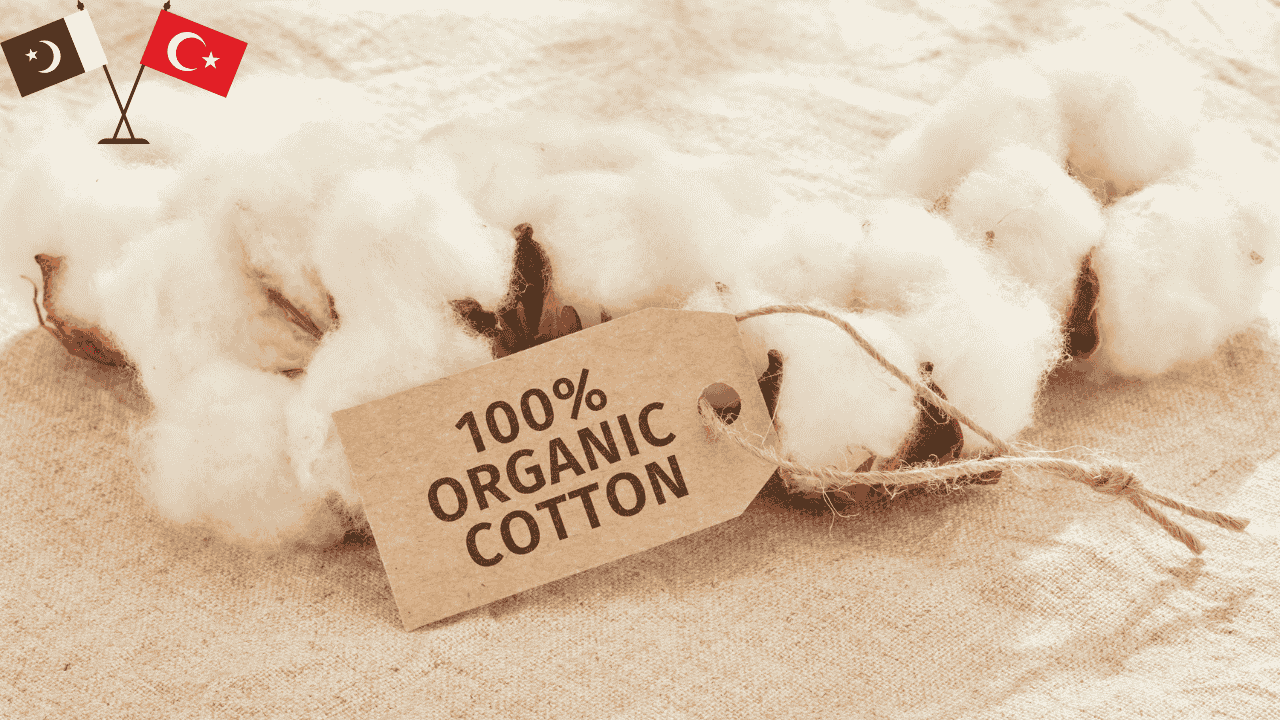LAHORE— Pakistan is on the verge of a major agricultural breakthrough. For the first time, scientists from Pakistan and China have successfully tested a hybrid cotton seed, and if all goes according to plan, farmers could start planting it commercially by 2029.
Shahzad Ali Malik, CEO of Guard Agricultural Research and Services Limited and Chairman of the Pakistan Hi-Tech Hybrid Seed Association (PHHSA), said the timeline depends on how quickly the government approves the seed. “If a fast-track approval system is introduced, trials might wrap up by 2028. Otherwise, the wait could be longer,” he told Wealth Pakistan.
How the Trials Work
At the moment, hybrid cotton is being tested on 125 acres across Upper Sindh, Lower Sindh, and Southern Punjab. Hybrid cotton is created by crossing two parent lines to produce first-generation (F1) seeds.
These seeds are known for higher yields, better resistance to stress, and uniform quality.
Malik explained that hybrid cotton could help close the gap between supply and demand for cotton fiber — a problem Pakistan has faced for two decades. “Pure seed availability for farmers will be a game changer,” he said.
A Revival After 18 Years
Pakistan’s first hybrid cotton trials took place in 2007, but progress stalled due to climate change, extreme heat, and erratic weather. After nearly 18 years, the latest trials are giving new hope to the cotton sector.
Malik added that public research institutes do not have the capacity to develop hybrids or produce F1 seeds at scale, making private-sector involvement essential.
Biotechnologists and agricultural economists believe this development could transform Pakistan’s cotton economy.
Dr. Kausar Abdullah Malik, a leading scientist and former federal minister for food security, called it a “welcome development” that could help double cotton production, which has collapsed in recent years.
He stressed that Pakistan’s public-sector institutions were unable to achieve this, so private companies had to step in.
He pointed out that private researchers had already proven their success with hybrid rice, and now they are looking to do the same with cotton. “This will benefit both farmers and the textile industry,” he said.
Hopes for Farmers
For farmers, hybrid cotton could be life-changing. Low yields have pushed many growers into poverty, said Ebadur Rehman Khan, Director of Farmers Associates Pakistan. “High-yielding cotton varieties will make agriculture profitable again,” he explained.
Khan also noted that past attempts were derailed by the curl leaf virus and climate change, but he hopes the new trials will overcome these obstacles.
He added that the new seed must also deliver strong lint quality and seed performance to move Pakistan closer to self-sufficiency in food and fiber.
Author Profile






